
Ammar Badwy | Posted on March 29, 2023
China is an API market giant, but at what cost?
Having access to medication is one of our basic needs, at least a very crucial one, and some cases, it can even be a matter of life or death. So, it makes sense that healthcare is one of the largest industries worldwide.
Your medicine can technically be produced anywhere in the world but the chances that the key ingredients of your medicine are produced in China are high. But how high exactly? China is the source of 40% of the global APIs, according to Optima insights.
In this article, we’ll give you an insight into how China has managed to achieve this market position.
China’s historical context
About 30% of the qualified suppliers on Pharmaoffer are Chinese. But one or two decades ago, they weren’t as dominant as they are today. If we go back in time to, let’s say, the year 2000, China was still quite isolated from the international trade. Having the world’s largest population, the Chinese pharmaceutical industry was mainly supplying its own people.
According to an analysis performed by the WHO, the Chinese government directed their economy from a centrally-planned to a more market-based economy. The government made special industrial zones dedicated to production plants.
Other than that, they offered other incentives such as low land prices and improved infrastructure to support the pharmaceutical manufacturers. As a result, the market grew rapidly.
Chinese pharmaceutical manufacturers have historically focused on the production of intermediates, which are basically the raw materials of an API, and the actual APIs themselves, which is the part of the medicine that is responsible for the healing effect. We made another blog post on what API’s are, you’ll find it here.
Quantity at the cost of quality?
The Chinese pharmaceutical manufacturing sector began to play a large role in the global market supply. Business was going well and they were selling to many countries.
However, as the market grew rapidly, many Chinese manufacturers were facing troubles in terms of quality and safety and started to receive non-compliance reports and warning letters from the European Medicine Agency and FDA. It didn’t just affect the international business, but also for the domestic market, the quality standard proved to be insufficient.
The Chinese Government reformed the regulatory framework in the pharmaceutical market. In 2015 the Chinese government demanded to set the highest quality standards of the world in order to implement the strictest drug regulation system. They reformed the NMPA, formerly known as the CFDA who is responsible for the public health of the mainland of China.
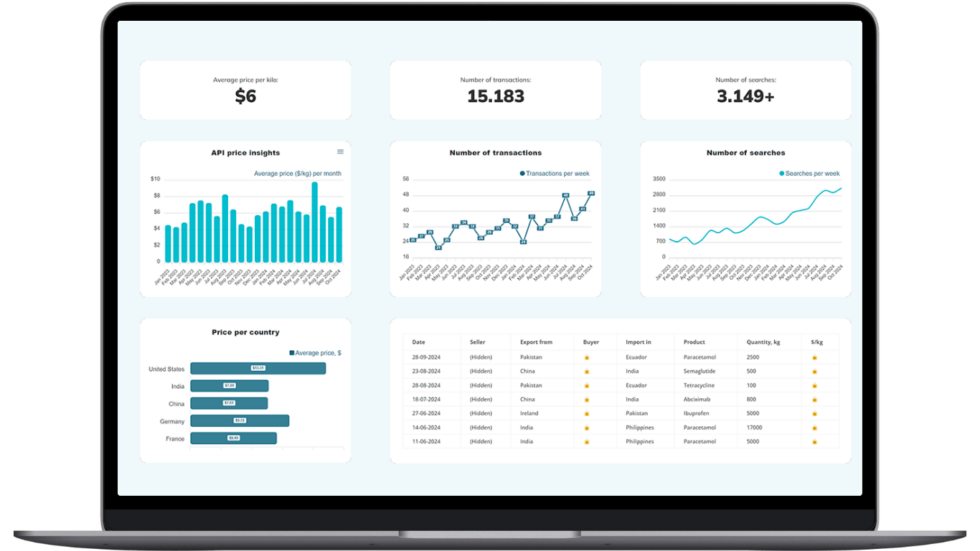
Make Smarter API Decisions with Data
Access exclusive insights on global API pricing, export/import transactions, competitor activities and market intelligence.
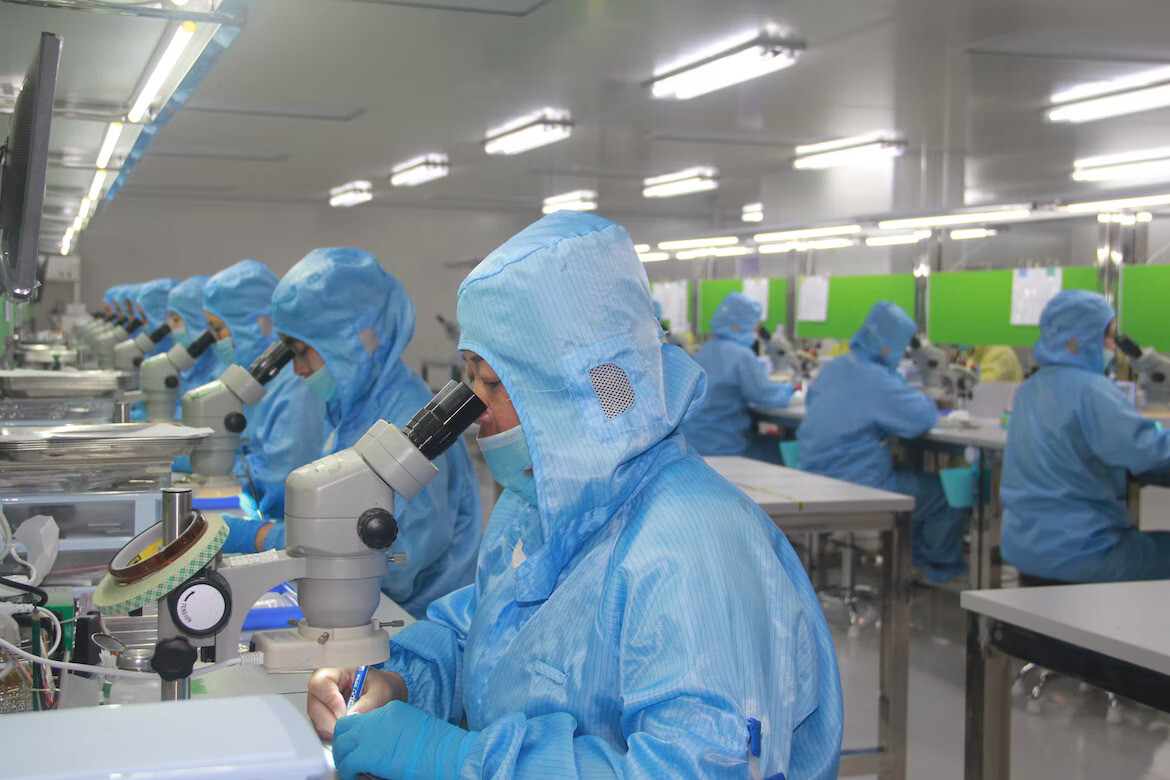
The rise of China
China continued its export growth. Over the years, they had taken the position from India as the largest API exporter in the world. With substantially lower production costs because of their large-scale production zones, the government incentives, and overall worse working conditions than other countries, China was able to export APIs cheaper than any other supplier in the world.
In doing so, many of their competitors in the USA and Europe were put out of competition and were forced to close their doors. Even India, being one of the largest medicine production countries, was not able to meet the Chinese API prices, which in some cases were 20-30% cheaper.
Today, India relies on China for about 70% of its API supply. For some important APIs like Paracetamol, Amoxicillin and Ibuprofen, they are almost entirely dependent on China, since China is able to offer exactly what the world is looking for: cheap APIs.
Is there anything wrong with cheap APIs?
There is nothing wrong with affordable APIs. On the opposite, from the moment the quality is not sacrificied for the cost, cheap APIs can be life- saving. But as the largest API producer on the planet, China is in a monopoly position, which is never desirable. Allow me to elaborate.
If we go back to the beginning of the Covid-19 virus in January 2020, the entire Wuhan area was in lockdown. Fortunately, China was able to minimize delivery delays because there was enough available stock. But what would’ve happened if the two months of lockdown was extended with an additional couple of months? That’s why a monopoly is not desirable, we always need to have back up plan, which in this case consists of having production locations in other parts of the world. But this is an example of an exceptional situation with relatively low likelihood. So let’s take a more general example: political dominance.
When you know that other countries are dependent on you for the health of their people, you can increase the price or threaten with an export ban in the situation of political conflict. This has already happened in the past.
While most politicians in other countries were sleeping, China has managed to become the global pharma leader. China is now focussing more on Finished formulation and R&D since they have larger margins than APIs. They will take some market share from India here but unlike India, in general, most Chinese manufacturers do not have enough staff with sufficiently strong English language skills, which is the main spoken language in most high-value markets.
How does the future look like?
The Coronavirus has woken up some politicians. They’ve realized that they were placed at the end of the queue as the whole world was looking for the same pharmaceuticals at the same time.
Countries are considering to reopen local API production facilities again, and become self-sufficient. The European Union and the USA are looking for solutions to tackle these scenarios in the future. The Indian government announced plans to open three bulk drug industrial parks to support the manufacturing of 53 critical APIs to reduce dependency on China.
Conclusion
The next couple of years will show us if countries throughout the world have managed to become more self-sufficient. It will of course take some time to build API plants and to get inspected by all necessary authorities.
China has done a great job in the supply of low-cost medicines. More cooperation between China and the rest of the world would make the global population healthier and the API market more trustworthy. I’d say; let’s strive for that goal.

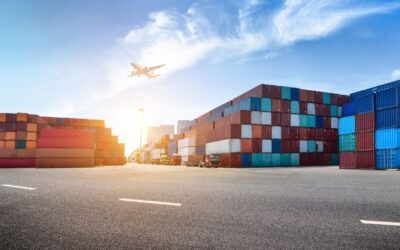

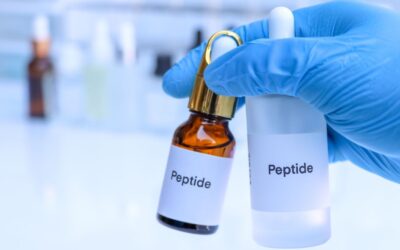


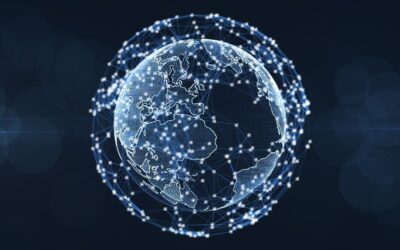
Check out all other blogs here!